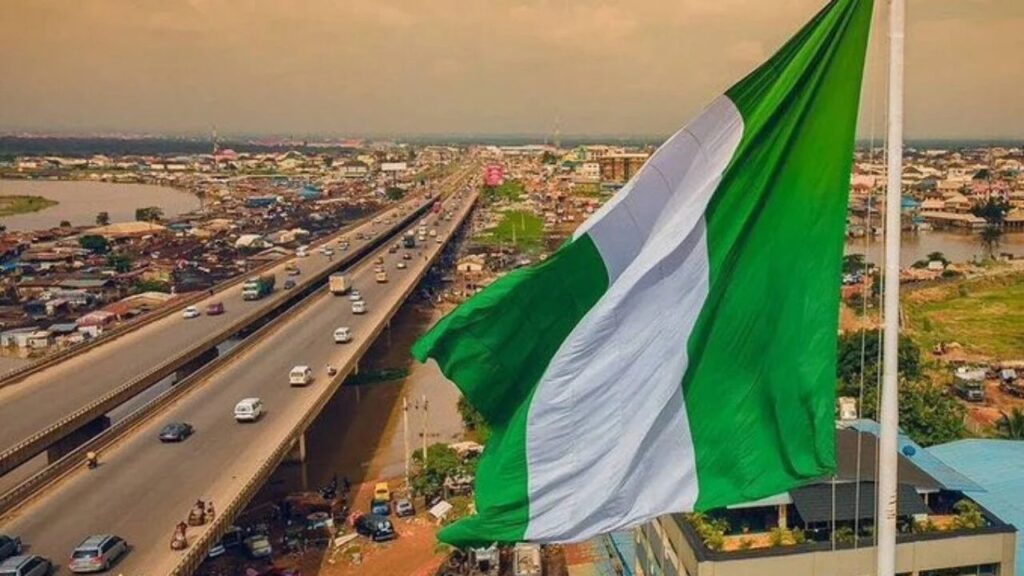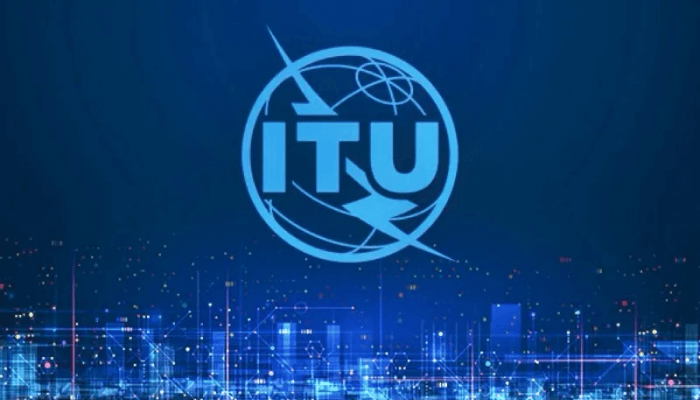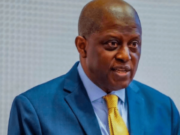For decades, internet access was seen as a luxury. Today, it has become as essential as electricity or clean water. Yet, millions of Nigerians—and billions globally—remain cut off from meaningful digital participation. A new global report has put a price tag on solving this problem: the world, including Nigeria, will require between $2.6 trillion and $2.8 trillion by 2030 to achieve universal internet connectivity.
This estimate comes from the Connecting Humanity Action Blueprint, a roadmap jointly released by the International Telecommunication Union (ITU) and Saudi Arabia’s Communications, Space and Technology Commission. The figure is staggering, but it is rooted in the harsh realities of digital exclusion.
Globally, more than 2.6 billion people are still offline, many of them in Africa and Asia. In high-income nations, about 93 per cent of citizens are online, while in low-income nations like Nigeria, only about 27 per cent have access. This stark inequality not only locks people out of information and communication but also cuts them off from opportunities for education, jobs, and even access to health care.
As ITU Secretary-General Doreen Bogdan-Martin explained, “Digital connectivity is no longer a privilege—it is a lifeline. Without urgent investment, millions will remain excluded from the digital economy.”
For Nigeria, this message is not abstract. The country is Africa’s most populous nation, yet the gap between those connected and those left behind is wide. The urban middle class enjoys broadband access, while rural communities in states like Zamfara, Taraba, and parts of Oyo still struggle with patchy signals and high costs.

Table of Contents
Breaking Down the $2.8 Trillion
The report provides a detailed breakdown of where this huge investment will go.
- Infrastructure (about $1.5–$1.7 trillion): This will cover building fibre optic cables, expanding mobile broadband networks, and extending 4G and 5G services into rural and remote areas. For extremely isolated zones, satellite internet will play a major role.
- Affordability and devices (about $983 billion): Connectivity is meaningless if people cannot afford it. A large portion of the funds will go into making internet services and smartphones cheaper, ensuring ordinary citizens—especially in low-income nations—can buy and use them.
- Skills and literacy programmes: Though not the largest cost, investment in digital literacy is crucial. Millions of people remain offline not just because of infrastructure gaps, but because they lack the skills to use the internet effectively.
The jump in estimates compared to previous ITU reports reflects not just inflation or rising construction costs. It also shows how much more ambitious the world has become about what “meaningful connectivity” should mean. It is not enough to have a faint 2G signal; citizens need reliable, affordable broadband that supports learning, business, and healthcare.

Why This Matters for Nigeria’s Future
For Nigeria, the stakes are particularly high. With a population projected to surpass 230 million by 2030, failing to connect rural and low-income communities would widen inequality and slow development.
Currently, the digital divide in Nigeria is sharply visible. Urban hubs like Lagos, Abuja, and Port Harcourt have relatively stable broadband, while rural farmers in places like Benue or Kogi often travel kilometres just to find a signal. Without deliberate action, this divide risks becoming a permanent barrier to economic growth.
A young entrepreneur in Lagos can build a tech start-up from her bedroom and attract investors on Zoom. But her cousin in a rural village may struggle to even apply for a university scholarship online. The same gap affects teachers, students, traders, and healthcare workers.
Globally, studies show that every 10 per cent increase in broadband penetration boosts GDP by about 1.3 to 2 per cent in developing countries. For Nigeria, better connectivity means more digital jobs, stronger small businesses, and more resilient public services.
It also strengthens democracy and social participation. When more Nigerians are online, citizens can engage with government services, follow public debates, and hold leaders accountable. Connectivity is no longer just about chatting on WhatsApp—it is about access to opportunity and rights.
Nigeria’s Domestic Efforts and the Way Forward
Although the ITU’s global blueprint outlines the financial requirements, Nigeria has already been taking steps to tackle its own connectivity gaps.
One major mechanism is the Universal Service Provision Fund (USPF), created under the Nigerian Communications Act of 2003. The USPF pools resources from telecom operators and the government to fund ICT access in underserved communities. Projects financed by the USPF have delivered rural base stations, community resource centres, and school internet access points.
In 2024, the Nigerian Senate approved ₦17 billion for the USPF, showing the government’s intent to back rural digital projects. Beyond funding, partnerships with the private sector are becoming crucial. For example, Microsoft partnered with Tizeti, a Nigerian internet service provider, to deploy solar-powered Airband internet in rural Oyo State. This model reduces costs and uses renewable energy, making it more sustainable in areas with poor electricity supply.
But challenges remain. Corruption and bureaucracy sometimes slow project execution. High costs of devices still block low-income households from connecting. And digital literacy remains low, particularly among older Nigerians and women in rural areas.
Experts argue that beyond infrastructure, Nigeria must build a culture of affordable access. Tax breaks on smartphones, local manufacturing of devices, and school-based digital training can all help. In addition, policy consistency is essential. Frequent changes in telecom regulations create uncertainty for investors.
Looking forward, collaboration is key. The $2.8 trillion needed globally cannot be raised by governments alone. International donors, development banks, private investors, and technology firms will all need to play a role. For Nigeria, aligning domestic policies with the ITU blueprint and actively courting investment will be decisive.

Conclusion
The figure—$2.8 trillion for universal connectivity by 2030—is intimidating. Yet, it is also an invitation. For Nigeria, embracing this challenge means betting on a future where every citizen, from bustling Lagos to the quietest village, can access the tools of the digital age.
If the right investments are made, universal connectivity could transform Nigeria’s education, health, and economic sectors. More importantly, it could ensure no Nigerian is left behind in a world that increasingly moves online.
As one Nigerian telecom expert put it during a recent panel: “Connectivity is not a luxury; it is survival. Without it, we are locking millions out of the future.”
The question now is not whether Nigeria can afford to invest in connectivity. It is whether the country can afford not to.
Join Our Social Media Channels:
WhatsApp: NaijaEyes
Facebook: NaijaEyes
Twitter: NaijaEyes
Instagram: NaijaEyes
TikTok: NaijaEyes














![Mr Macaroni Drops Blistering Remark: ‘APC Filled with Most Corrupt People’ as He Slams Tinubu’s Controversial Pardon for Criminals=]] Mr Macaroni](https://naijaeyesblog.com/wp-content/uploads/2025/03/Mr-Macaroni-1-1-180x135.avif)

![Chaos Erupts in Abuja Hotel as BBNaija Star Phyna Sparks Fierce Scene Over Alleged N200,000 Dispute [VIDEO] Phyna](https://naijaeyesblog.com/wp-content/uploads/2024/11/A-Picture-of-Phyna-BBNaija-180x135.jpg)























